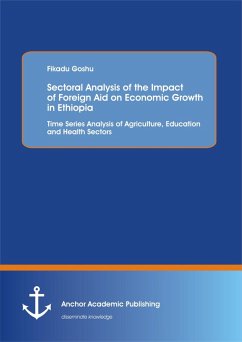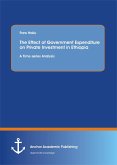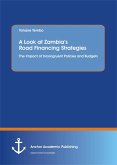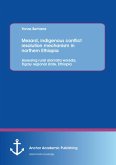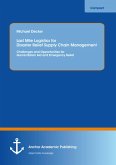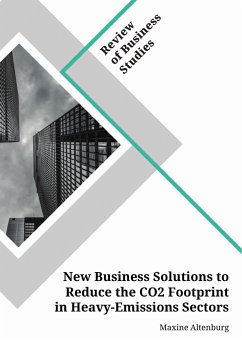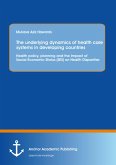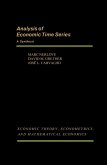This study has examined sectoral analysis of the impact of foreign aid on aggregate and sectoral economic growth in Ethiopia over the period 1981 to 2012 using Multivariate Vector Auto Regression analysis. All the necessary time series tests such as stationary test, co-integration test, weak exiguity test, vector error correction, and causality test in vector error correction model and the like are conducted. The empirical result from the growth equation shows that aid has a significant positive impact on educational sector GDP growth in the long run. On the other hand, foreign aid has positive but insignificant impact on real GDP growth, agriculture GDP growth, and health sector GDP growth of Ethiopia for the period under consideration. Foreign aid is effective in enhancing economic growth at aggregate level of Ethiopia in general and education sector in particular. The result of the study reveals that there is a bi-directional causal relationship between educational GDP and educational foreign aid in Ethiopia. There is also a unidirectional causality between agricultural aid and agricultural GDP growth. However, the health sector does not show any causality with their respective sector aid. This implies that aid allocated for certain sectors is ineffective in achieving its objectives of economic growth. Therefore, aid recipient country like Ethiopia has to work how to enhance the domestic revenue raising capacity of the country which is at the heart of the mechanism to meet the capital required for the economy in times of short falls and ineffectiveness of external resources.
Dieser Download kann aus rechtlichen Gründen nur mit Rechnungsadresse in A, B, BG, CY, CZ, D, DK, EW, E, FIN, F, GR, HR, H, IRL, I, LT, L, LR, M, NL, PL, P, R, S, SLO, SK ausgeliefert werden.

